Food poverty, food waste and a lack of food education are contributing to health and environmental problems in society.
To combat this, Airfield Estate, the 38ac farm in Dundrum, Dublin, has launched a junior cycle (first to third year in secondary school) short course called Food: From the Ground Up.
The programme will “link students, the consumers of tomorrow, with their food in a fun, easy way by taking a food systems approach, learning from all those involved in the food chain” according to Dr Kirsty McAdoo, head of education and research at Airfield.

Dr Kirstie McAdoo and Lucy Clarke (13) from Wesley College look at what seasonal veg students could grow at Airfield Estate, Dundrum. \ Leon Farrell
The course aims to give students an overall view of food production in Ireland. Kirsty likened the course design to the integrated food system approach outlined in Food Vision 2030: “A food systems approach means that the course encourages students to see the end product food on their plates as part of a system, with multiple inputs and industries involved.”
She went on to outline the importance of such an approach, proposing that by looking at their food in this way, students will be able to place that food production globally, enabling them to then look at their own environments, what food is produced locally and what they could grow.
“Overall, what we want from this course is for students to have a better relationship with food and a better understanding of it. It’s not necessarily about healthy eating or pushing those sorts of agendas, it’s about [them understanding] ‘this is the effort that goes into making food, these are the people that are involved in each stage of the journey’. It also opens up a world of opportunity for them with regards to different jobs and different industries that they might not have thought of before.”
Identification of a knowledge gap.
The core mission of Airfield is to inspire and enable people to make food choices that are better for their health, their wealth and the environment. In this regard, Airfield already has a very strong educational programme on the estate between people visiting, teacher training programmes and the breakfast club for DEIS schools (see below). However, they wanted to take this message outside and looked to identify a gap.
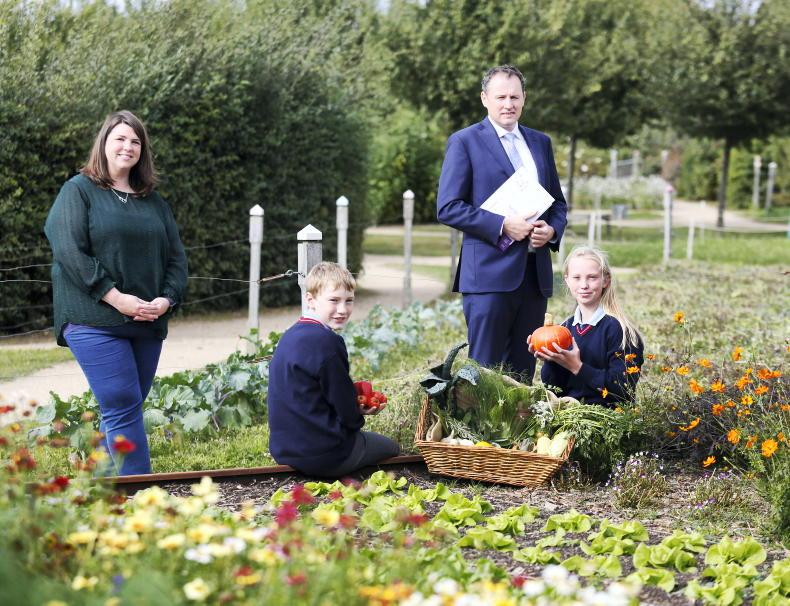
From left: Dr Kirsty McAdoo, Axel Roulston, Minister Charlie McConologue and Juliette Carol Breen at Airfield. \ Leon Farrell
Kirsty said that when they reviewed the various school curriculums, they saw that there were already fantastic programmes for primary level students between AgriAware’s Incredible Edibles and DigIn programmes and Bord Bia’s Food Dudes.
A gap and an opportunity was identified, however, in the new junior cycle, which has introduced short course options for this cohort that are non-examinable.
The benefits of utilising these short courses is multi-fold, Kirsty explained: “The idea behind them is that they are active learning and because they’re not examinable, it gives students an opportunity to really explore topics that they’ve never done before and they might not do again. The topic of food and farming is phenomenal because it brings together the learnings that they have from the sciences to geography to business.”
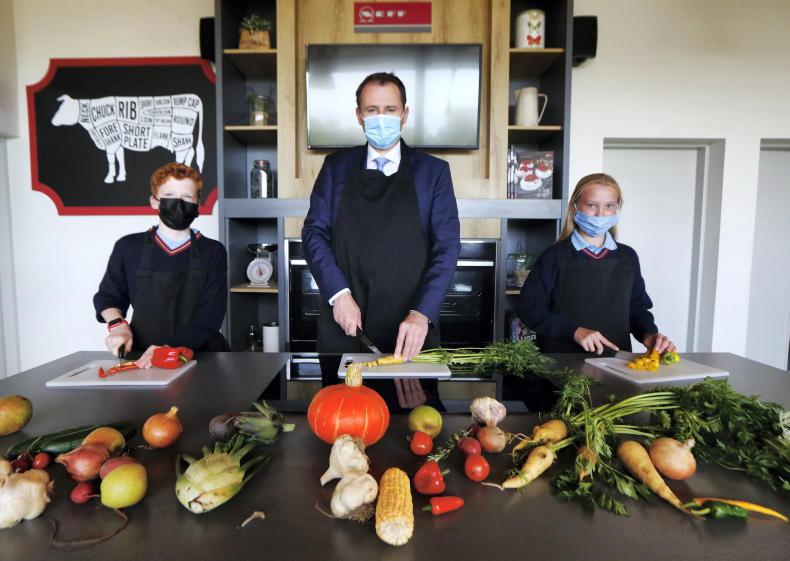
From left: Henry Clarke, Minister for Agriculture Charlie McConologue and Juliette Carol Breen launching the brand new Food: From the Ground Up a free Junior Cycle short course. \ Leon Farrell
For this reason, the Airfield course can be taught by a number of different teachers and the course design is up to the school and the teachers so “it can be anything from be growing cress on a windowsill to keeping chickens”.
Kirsty outlines that another key aspect of the new cycle is for the students to explore together and learn along the way. This means that teachers are not handing them the information and saying ‘that’s what it is it’. The students are discovering as well as self-reflecting themselves, working on what works and what doesn’t work.
Currently, there is no direct funding for the programme but the resources are free to download on the website and Kirsty is hopeful that funding may come to support it in time.
That said, she believes that the course can be completed on a small budget as many schools across the country would already have a school garden or some free space. The programme will also be promoted and supported through the teacher training that Airfield carries out. This training supports teachers to upskill on food and school gardens through the education centres around the country.
Schools will need to facilitate contact with supply chain actors but students are encouraged to build these relationships with farmers, processors, chefs and dieticians themselves to get the maximum benefit from their learning.
Irish Country Living queries if this type of a resource would be most beneficial to city schools as opposed to rural schools where children may be more au-fait with farming.
Kirsty, however, points out that there are benefits for both urban and rural students as although rural schools may have a higher proportion of farming families and find the first element easier, they might not have experienced the processing of food or the marketing side, which is the third part of the course.
“They look at how food is marketed to them and how best to market to their locality or the world. This gets them to think about ‘why are food companies trying to sell me this food’ or ‘how are they trying to sell me this food’ or ‘do I believe them when they say that it’s great for my health and what are the statistics behind that?’ This course is looking at the whole process from beginning to end,” Kirsty concludes.
Choice for schools
This programme is one of many open to schools but Airfield is hopeful that the importance of food education will shine through. Ultimately schools and teachers will make the choice to timetable it or not but all the resources are free, they’re all downloadable from the website and Airfield does have some resources printed for the first schools that apply.
The course, which has been developed in accordance with the National Council for Curriculum and Assessment template and guidelines, was created with help from Wesley College in Dundrum. The course resources were supported by the ESB, Energy for Generations Fund.
Learn more about the programme at www.airfield.ie/junior-certificate-short-course/
DEIS school breakfast clubs
Airfield supports a number of DEIS (Delivering Equality of Opportunity in Schools) schools in the area local to the farm.
Students come to Airfield first thing in the morning and collect eggs from the chickens before going into the classroom where they put the eggs on to boil for breakfast.
From there they go to see the cows being milked as well as learning about the pasteurisation process which is carried out onsite.
Then it is back to the classroom, where they set the table themselves and make their breakfast using cream from the cows to make their own butter, which is served up on toast with their boiled egg.
Kirsty says that, at a very basic level, it’s about getting kids involved in food production and seeing where it all comes from. But she says “at a secondary and tertiary level, it’s about learning what a simple breakfast is, that it doesn’t have to be the sugary cereal. They learn about protein and carbohydrates and what is in the food they have made. The breakfast also reinforces the social aspects of food, which is really important as well. The guides and the teachers will sit down with them, everyone has breakfast together and they talk about what they’ve seen and what they’ve done.”
The Breakfast Club was a victim of COVID but plans are afoot to see the school kids collecting their eggs again by January 2022.
Read more
Thinking of a career change? Here’s where to start
Studying Abroad: tales from Poland
Food poverty, food waste and a lack of food education are contributing to health and environmental problems in society.
To combat this, Airfield Estate, the 38ac farm in Dundrum, Dublin, has launched a junior cycle (first to third year in secondary school) short course called Food: From the Ground Up.
The programme will “link students, the consumers of tomorrow, with their food in a fun, easy way by taking a food systems approach, learning from all those involved in the food chain” according to Dr Kirsty McAdoo, head of education and research at Airfield.

Dr Kirstie McAdoo and Lucy Clarke (13) from Wesley College look at what seasonal veg students could grow at Airfield Estate, Dundrum. \ Leon Farrell
The course aims to give students an overall view of food production in Ireland. Kirsty likened the course design to the integrated food system approach outlined in Food Vision 2030: “A food systems approach means that the course encourages students to see the end product food on their plates as part of a system, with multiple inputs and industries involved.”
She went on to outline the importance of such an approach, proposing that by looking at their food in this way, students will be able to place that food production globally, enabling them to then look at their own environments, what food is produced locally and what they could grow.
“Overall, what we want from this course is for students to have a better relationship with food and a better understanding of it. It’s not necessarily about healthy eating or pushing those sorts of agendas, it’s about [them understanding] ‘this is the effort that goes into making food, these are the people that are involved in each stage of the journey’. It also opens up a world of opportunity for them with regards to different jobs and different industries that they might not have thought of before.”
Identification of a knowledge gap.
The core mission of Airfield is to inspire and enable people to make food choices that are better for their health, their wealth and the environment. In this regard, Airfield already has a very strong educational programme on the estate between people visiting, teacher training programmes and the breakfast club for DEIS schools (see below). However, they wanted to take this message outside and looked to identify a gap.

From left: Dr Kirsty McAdoo, Axel Roulston, Minister Charlie McConologue and Juliette Carol Breen at Airfield. \ Leon Farrell
Kirsty said that when they reviewed the various school curriculums, they saw that there were already fantastic programmes for primary level students between AgriAware’s Incredible Edibles and DigIn programmes and Bord Bia’s Food Dudes.
A gap and an opportunity was identified, however, in the new junior cycle, which has introduced short course options for this cohort that are non-examinable.
The benefits of utilising these short courses is multi-fold, Kirsty explained: “The idea behind them is that they are active learning and because they’re not examinable, it gives students an opportunity to really explore topics that they’ve never done before and they might not do again. The topic of food and farming is phenomenal because it brings together the learnings that they have from the sciences to geography to business.”

From left: Henry Clarke, Minister for Agriculture Charlie McConologue and Juliette Carol Breen launching the brand new Food: From the Ground Up a free Junior Cycle short course. \ Leon Farrell
For this reason, the Airfield course can be taught by a number of different teachers and the course design is up to the school and the teachers so “it can be anything from be growing cress on a windowsill to keeping chickens”.
Kirsty outlines that another key aspect of the new cycle is for the students to explore together and learn along the way. This means that teachers are not handing them the information and saying ‘that’s what it is it’. The students are discovering as well as self-reflecting themselves, working on what works and what doesn’t work.
Currently, there is no direct funding for the programme but the resources are free to download on the website and Kirsty is hopeful that funding may come to support it in time.
That said, she believes that the course can be completed on a small budget as many schools across the country would already have a school garden or some free space. The programme will also be promoted and supported through the teacher training that Airfield carries out. This training supports teachers to upskill on food and school gardens through the education centres around the country.
Schools will need to facilitate contact with supply chain actors but students are encouraged to build these relationships with farmers, processors, chefs and dieticians themselves to get the maximum benefit from their learning.
Irish Country Living queries if this type of a resource would be most beneficial to city schools as opposed to rural schools where children may be more au-fait with farming.
Kirsty, however, points out that there are benefits for both urban and rural students as although rural schools may have a higher proportion of farming families and find the first element easier, they might not have experienced the processing of food or the marketing side, which is the third part of the course.
“They look at how food is marketed to them and how best to market to their locality or the world. This gets them to think about ‘why are food companies trying to sell me this food’ or ‘how are they trying to sell me this food’ or ‘do I believe them when they say that it’s great for my health and what are the statistics behind that?’ This course is looking at the whole process from beginning to end,” Kirsty concludes.
Choice for schools
This programme is one of many open to schools but Airfield is hopeful that the importance of food education will shine through. Ultimately schools and teachers will make the choice to timetable it or not but all the resources are free, they’re all downloadable from the website and Airfield does have some resources printed for the first schools that apply.
The course, which has been developed in accordance with the National Council for Curriculum and Assessment template and guidelines, was created with help from Wesley College in Dundrum. The course resources were supported by the ESB, Energy for Generations Fund.
Learn more about the programme at www.airfield.ie/junior-certificate-short-course/
DEIS school breakfast clubs
Airfield supports a number of DEIS (Delivering Equality of Opportunity in Schools) schools in the area local to the farm.
Students come to Airfield first thing in the morning and collect eggs from the chickens before going into the classroom where they put the eggs on to boil for breakfast.
From there they go to see the cows being milked as well as learning about the pasteurisation process which is carried out onsite.
Then it is back to the classroom, where they set the table themselves and make their breakfast using cream from the cows to make their own butter, which is served up on toast with their boiled egg.
Kirsty says that, at a very basic level, it’s about getting kids involved in food production and seeing where it all comes from. But she says “at a secondary and tertiary level, it’s about learning what a simple breakfast is, that it doesn’t have to be the sugary cereal. They learn about protein and carbohydrates and what is in the food they have made. The breakfast also reinforces the social aspects of food, which is really important as well. The guides and the teachers will sit down with them, everyone has breakfast together and they talk about what they’ve seen and what they’ve done.”
The Breakfast Club was a victim of COVID but plans are afoot to see the school kids collecting their eggs again by January 2022.
Read more
Thinking of a career change? Here’s where to start
Studying Abroad: tales from Poland






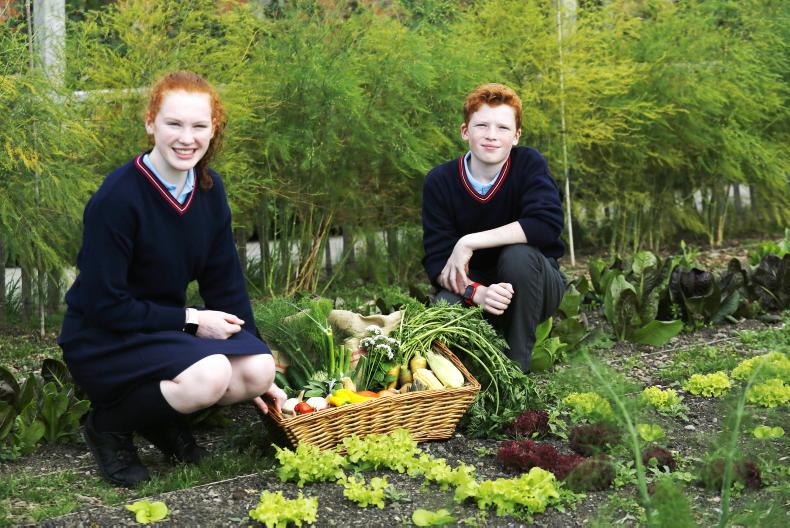

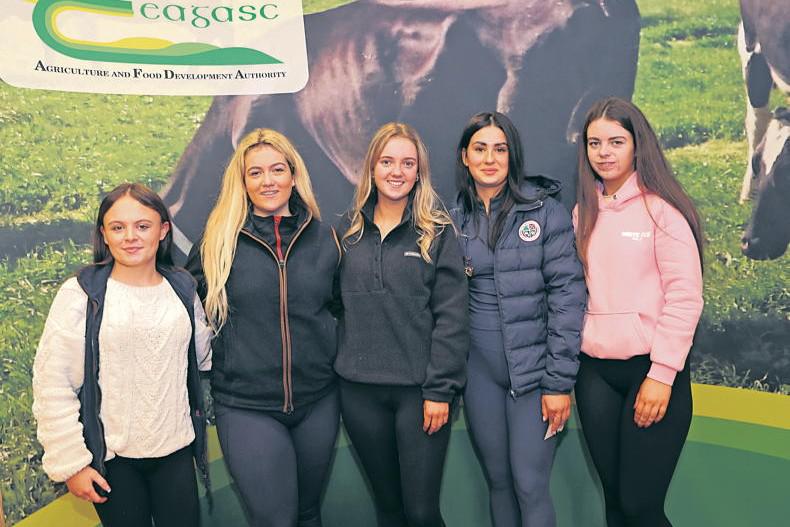
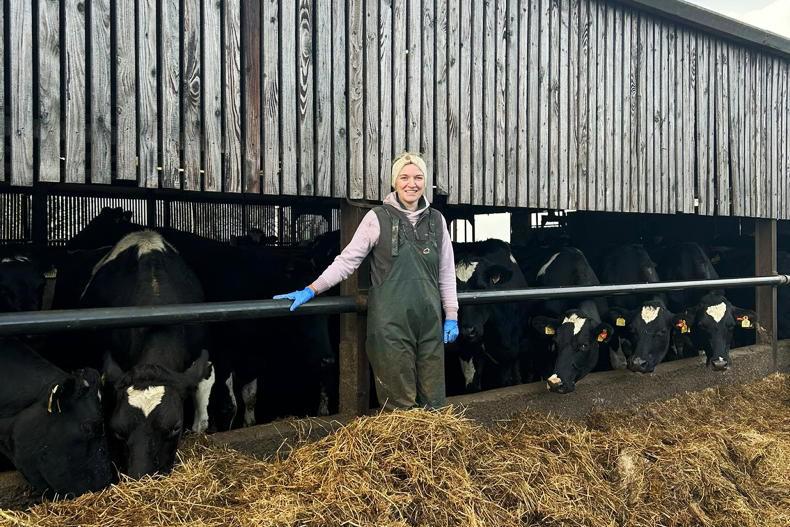


SHARING OPTIONS